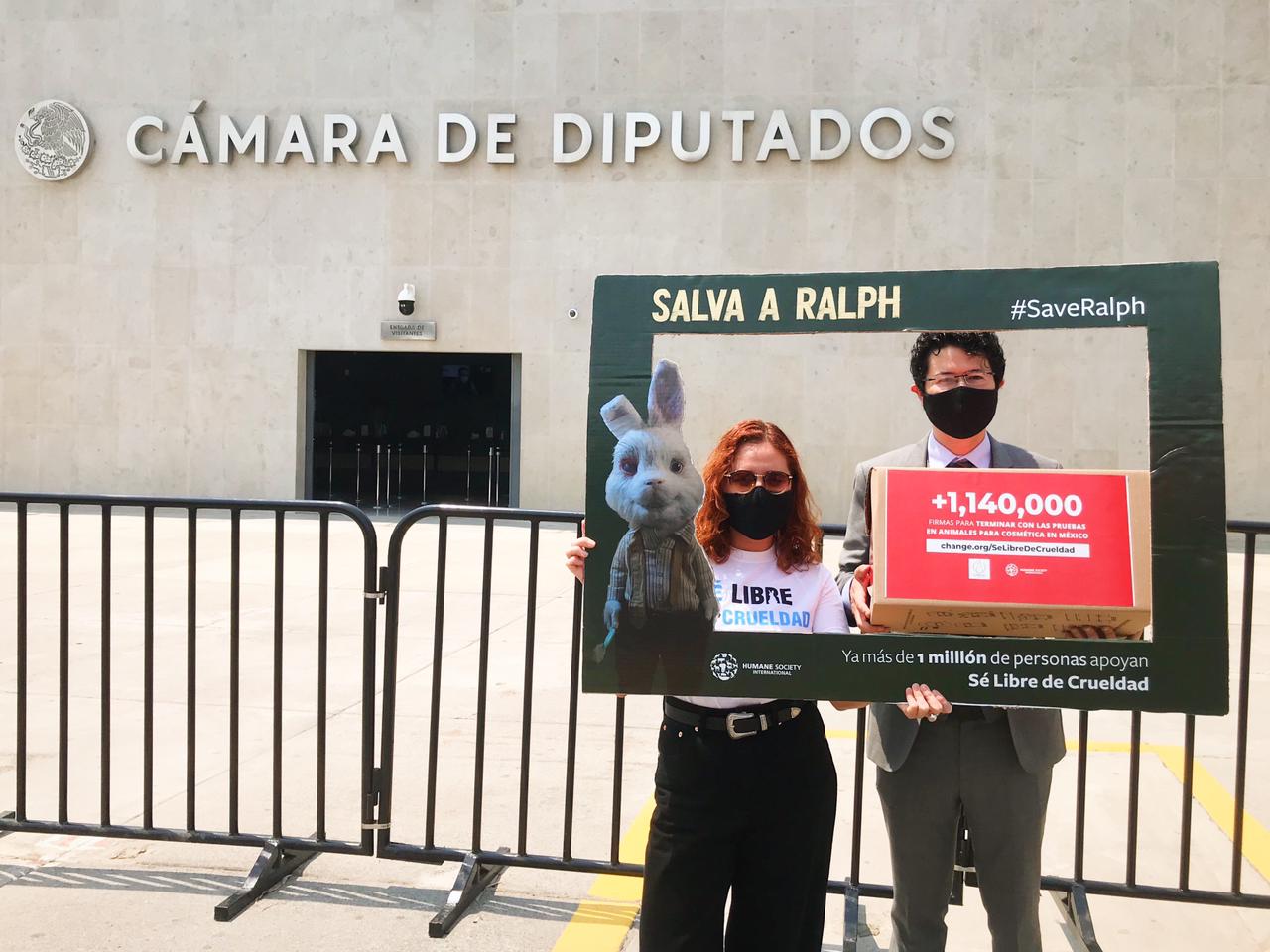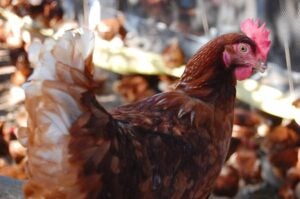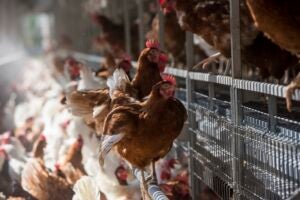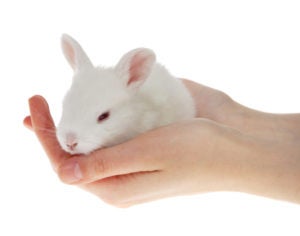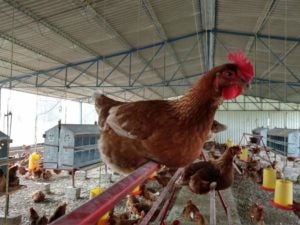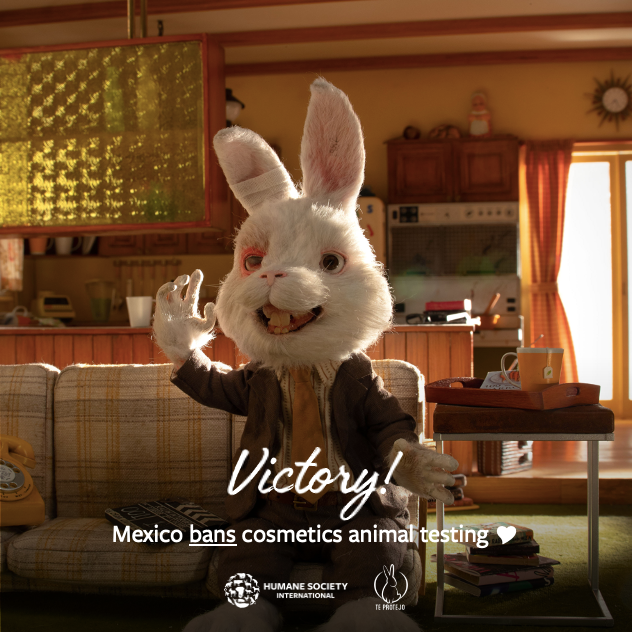
MEXICO CITY—Mexico’s Senate today gave its final and unanimous support to a federal bill to ban animal testing for cosmetics, making it the first country in North America and the 41st country globally to do so. The new law also bans the manufacture, import and marketing of cosmetics tested on animals elsewhere in the world. Humane Society International/Mexico and ONG Te Protejo whose multi-year #BeCrueltyFree Mexico campaign championed the bill, welcomed the ban jointly stating, “We are thrilled to see Mexico become the first country in North America to outlaw cosmetic animal testing, and commend our bill sponsor Senator Ricardo Monreal, and all congressmen and women for voting to end cosmetic animal testing in Mexico.”
Antón Aguilar, executive director of Humane Society International/Mexico, said: “We thank the Mexican Government for showing leadership on this important issue, and we will continue to work with them to implement the commitments and enforce a robust ban. This is a monumental step forward for animals, consumers and science in Mexico, and this ground-breaking legislation leads the way for the Americas to become the next cruelty-free beauty market, and brings us one bunny-leap closer to a global ban.”
Legislative momentum in Mexico was strongly influenced by HSI’s stop-motion animated film Save Ralph, the heartbreaking story of a rabbit “tester,” who was brought to life by a star-studded multinational and multilingual cast. The HSI film went viral worldwide, with more than 150 million social media views, over 730 million tags on TikTok, and generating more than 1.3 million petition signatures in Mexico.
Actress and advocate Rosario Dawson, who voiced Bonnie in the Spanish version of the Save Ralph film, added: “I was delighted to lend my voice to Humane Society International’s campaign to abolish animal testing for cosmetics, and could not be more proud to see the impact of #SaveRalph in leading Mexico to become the first country in North America to go cosmetics cruelty-free.”
The bill is also embraced by Lush, Unilever, P&G, L’Oréal, Avon and others in the beauty industry, who are working with HSI globally through the Animal-Free Safety Assessment (AFSA) toward policy alignment, and training measures to support smaller companies and government authorities in transitioning from animal testing to state-of-the-art non-animal methods, which are readily available and better at assuring human safety than the animal tests they replace.
With the addition of Mexico, animal testing for cosmetics is officially already banned in 41 countries, as well as 10 states in Brazil and seven in the United States. Three other U.S. states—New Jersey, Rhode Island and New York—are currently considering similar bills, and federal bills are pending reintroduction in both the U.S. and Canada.
ENDS
Media Contacts:
- HSI/México: Magaly Garibay: mgaribay@idee.agency, 5538762199
- HSI Global: Wendy Higgins: whiggins@hsi.org, +44(0)7989972423
- ONG Te Protejo: Nicole Valdebenito: nicole@ongteprotejo.org, +52 1 55 83944794



